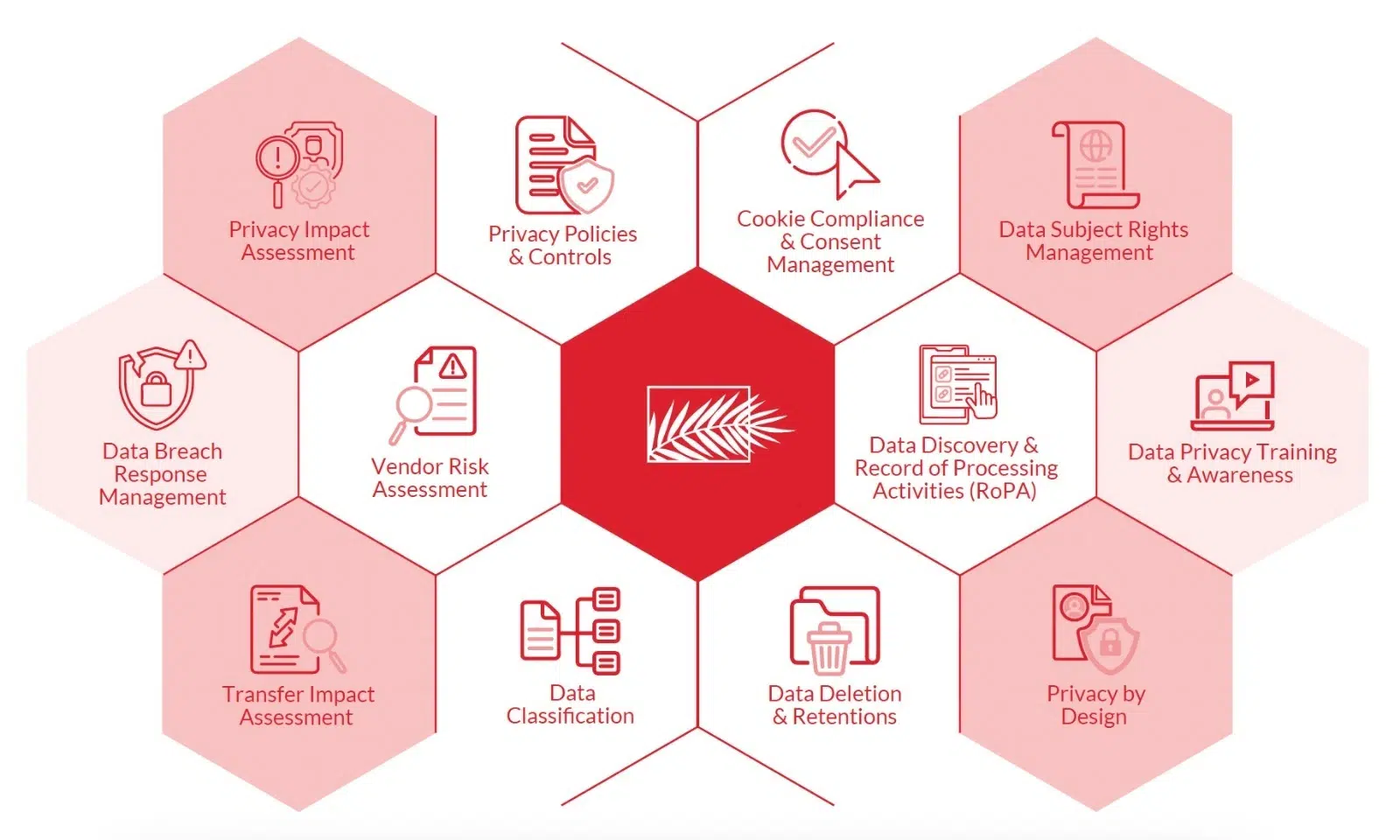Data Controllers must collect and process Personal Data lawfully, fairly, and transparently. The Data Controller must obtain valid consent or rely on a lawful basis such as contractual necessity, legal obligation, or vital interest of the data subject, or legitimate interests of the controller (subject to safeguards and exclusions for sensitive data).
Consent is not always required where other lawful bases apply.
(Ref: PDPL Article 6)
Example: A Saudi FinTech app processes a customer’s IBAN, national ID, and contact information to activate a digital wallet. The processing is based on contractual necessity (to deliver the service), so consent is not required under PDPL Article 6(2). However, the app must still process the data fairly and transparently, informing the customer of the purpose, legal basis, and any third-party involvement.




